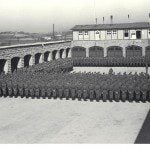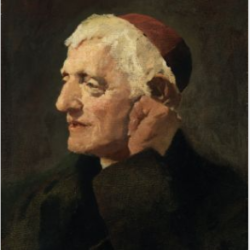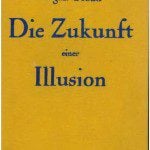
My wife and I attended a good, satisfying funeral yesterday. (Yes, Virginia, there are such things.)
It was for our friend Bob Blair. He had been on dialysis for ten years, and essentially bedridden for eight years. He’s now free, and reunited with the parents he had missed so much for so very long.
I was happy to see a good congregation gathered for the service, and to recognize lots of other friends among those in attendance.
I enjoyed hearing bits of various languages, including Spanish, Quechua, Cakchiquel, Chinese, and Russian. Bob was a truly remarkable linguist.
I want to share just a couple of items from among the many that impressed me.
The opening prayer was given by Bob’s former Linguistics Department colleague John Robertson.
In his prayer, John described Bob as, simply, “a good man.” The same phrase was repeated shortly afterward by a daughter. And then another daughter — all eight of Bob and Julia’s children spoke — described him as “deeply good.”
This struck me. When the time came to choose something for my own father’s grave marker, we opted for, simply, “A Good Man.” To me, that conveyed very much about him, and about how I myself would like, someday, to be remembered. My father was, in some ways, a simple man whom it was virtually impossible to dislike. When he was very gravely disabled and nearing death, I borrowed the language of John 1:47 for my dedication of a book to him: “An Israelite indeed, in whom is no guile.” He protested that characterization, and was, I think, somewhat embarrassed by it. He was humble to the point of self-effacement. But I meant it. And it fit him perfectly.
I can think of no higher tribute to Bob or to anyone else than to call him, at the end of his earthly life, “a good man.”
Also in his prayer, John described Bob Blair as a man who saw the world and his work through the lens of the Gospel, and not the Gospel through the lens of the world.
I like that. I’m reminded of something that Elder Neal A. Maxwell said in 1976, in remarks given to a symposium on the behavioral sciences that was held that year on the campus of Brigham Young University: “The LDS scholar has his citizenship in the kingdom,” said Elder Maxwell, “but carries his passport into the professional world—not the other way around.”
That’s a high ideal. I wonder, sometimes, how well we’re doing in this regard, at BYU and beyond. Bob was a model, in that as in other regards.
Bob’s bishop spoke, and he cited a little Portuguese verse that an elderly Latter-day Saint had shared with him back during his missionary service in Brazil. Loosely translated, it read as follows: “When I was born, I cried and others laughed. When I die, others will cry, but I will laugh.”
Speaking of laughing, one of Bob’s sons told us that he had visited with his father only a few days before he died. “Are you in pain?” he asked his Dad. “Only when I think about Donald Trump,” Bob replied. (My general rule is to avoid blogging or worrying about politics on the Sabbath. But I couldn’t resist that.)
The music of the service was well chosen — meaning that it included two of my very favorite hymns. One of them was John Newton’s wonderful autobiographical song Amazing Grace. The other was Be Still, My Soul — quite an appropriate piece because it’s set to music by the great Finnish composer Jan Sibelius. (Bob served his first mission in Finland.) Here are the lyrics, originally by Katharina von Schlegel (b. 1697) and translated into English by Jane Borthwick (1813-1897):
-
Be still, my soul: The Lord is on thy side;With patience bear thy cross of grief or pain.Leave to thy God to order and provide;In ev’ry change he faithful will remain.Be still, my soul: Thy best, thy heav’nly FriendThru thorny ways leads to a joyful end.
-
Be still, my soul: Thy God doth undertakeTo guide the future as he has the past.Thy hope, thy confidence let nothing shake;All now mysterious shall be bright at last.Be still, my soul: The waves and winds still knowHis voice who ruled them while he dwelt below.
-
Be still, my soul: The hour is hast’ning onWhen we shall be forever with the Lord,When disappointment, grief, and fear are gone,Sorrow forgot, love’s purest joys restored.Be still, my soul: When change and tears are past,All safe and blessed we shall meet at last.











